Essential-M A Multi-Minerals
Multi minerals play a crucial role in our health and well-being. They are essential for maintaining a balanced diet, as they are involved in numerous metabolic processes in the body.
Calcium, magnesium, zinc, potassium, copper, silica, molybdenum, iodine, chromium, manganese, and selenium are some of the most important minerals that our body requires.
Calcium
Calcium is one of the most important minerals in our body and is crucial for maintaining strong bones and teeth. It also plays a role in blood clotting, muscle function, and nerve transmission.
A lack of calcium can lead to conditions like osteoporosis and other bone-related problems. Good sources of calcium include dairy products, leafy green vegetables, and calcium-fortified foods.
Magnesium
Magnesium is an essential mineral that is involved in over 300 reactions in the body, including energy production, protein synthesis, and muscle function.
It is also important for maintaining healthy bones, teeth, and heart health. Foods rich in magnesium include whole grains, green vegetables, nuts, and legumes.
Zinc
Zinc is a mineral that plays a vital role in immune function, wound healing, and maintaining healthy skin.
It is also involved in DNA synthesis, growth, and development. Good sources of zinc include oysters, red meat, poultry, and fortified cereals.
Potassium
Potassium is an essential mineral that is involved in maintaining fluid balance in the body, regulating blood pressure, and supporting proper muscle and nerve function.
Good sources of potassium include bananas, potatoes, and leafy greens.
Copper
Copper is a mineral that plays a vital role in many metabolic processes in the body, including energy production, iron metabolism, and the formation of connective tissue.
Good sources of copper include shellfish, nuts, and whole grains.
Silica
Silica is a mineral that is important for the health of skin, hair, and nails. It is also involved in the formation of bone and connective tissue.
Good sources of silica include leafy green vegetables, whole grains, and legumes.
Molybdenum
Molybdenum is an essential mineral that is involved in many metabolic processes in the body, including the breakdown of nitrogenous waste products.
Good sources of molybdenum include legumes, whole grains, and leafy green vegetables.
Iodine
Iodine is an essential mineral that is required for the production of thyroid hormones. These hormones are involved in regulating metabolism, growth, and development.
Good sources of iodine include seafood, dairy products, and iodized salt.
Chromium
Chromium is a mineral that is involved in insulin metabolism and glucose regulation. It is also important for maintaining healthy cholesterol levels.
Good sources of chromium include whole grains, potatoes, and green beans.
Manganese
Manganese is a mineral that is involved in many metabolic processes in the body, including the metabolism of carbohydrates and amino acids.
Good sources of manganese include whole grains, leafy green vegetables, and nuts.
Selenium
Selenium is a mineral that is important for maintaining a healthy immune system and protecting cells from oxidative damage.
Good sources of selenium include seafood, nuts, and whole grains.


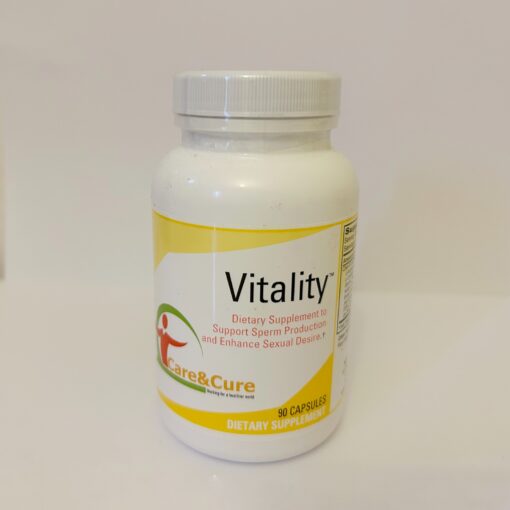
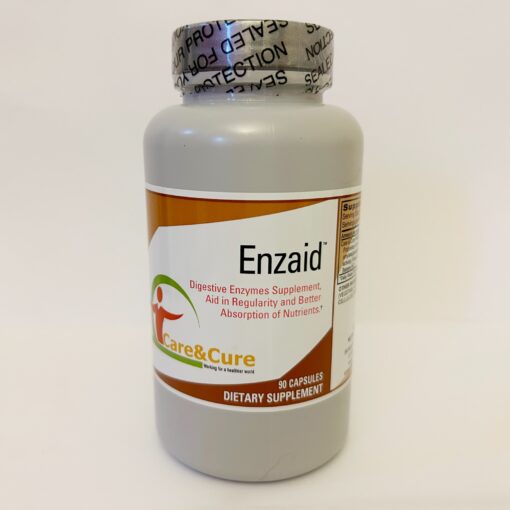
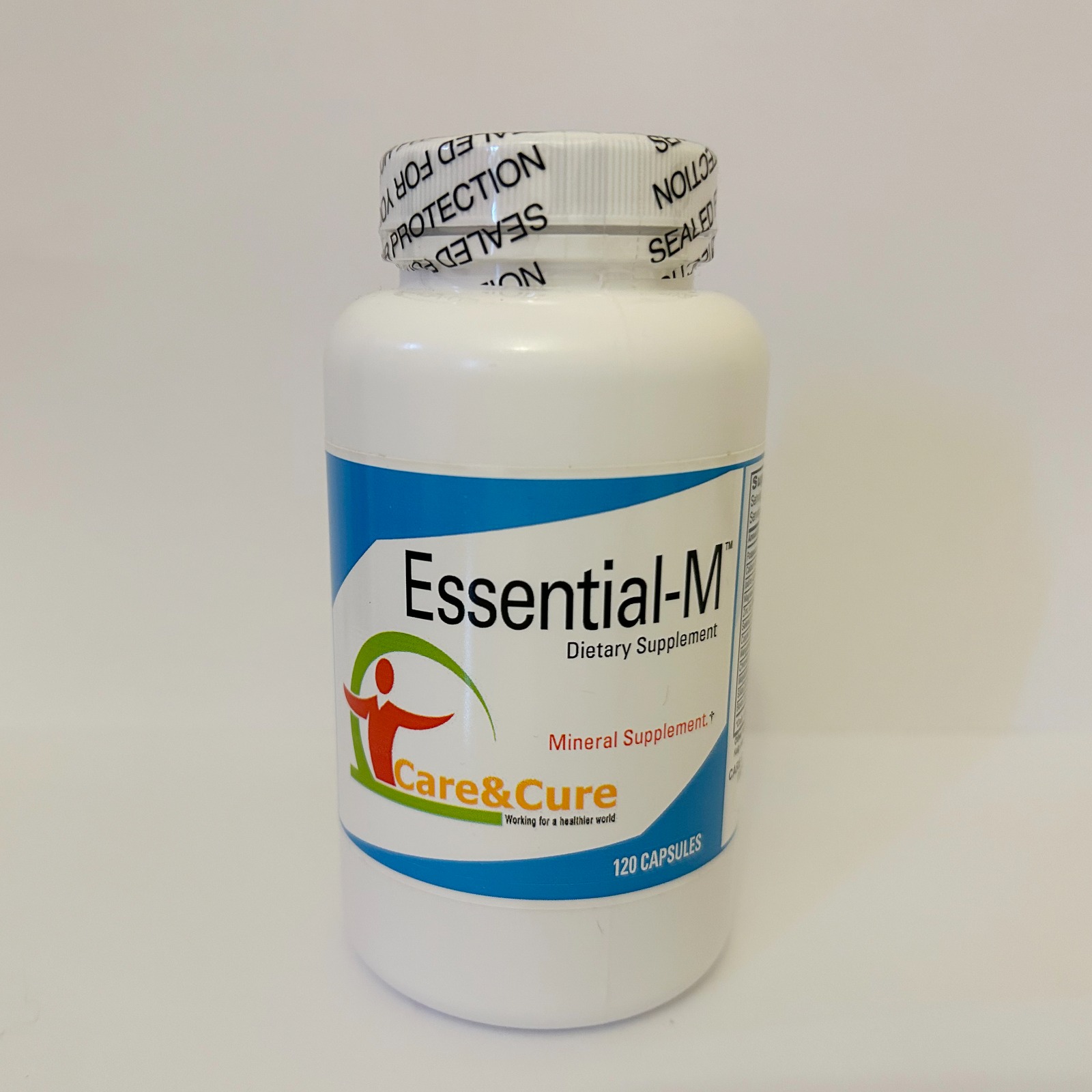
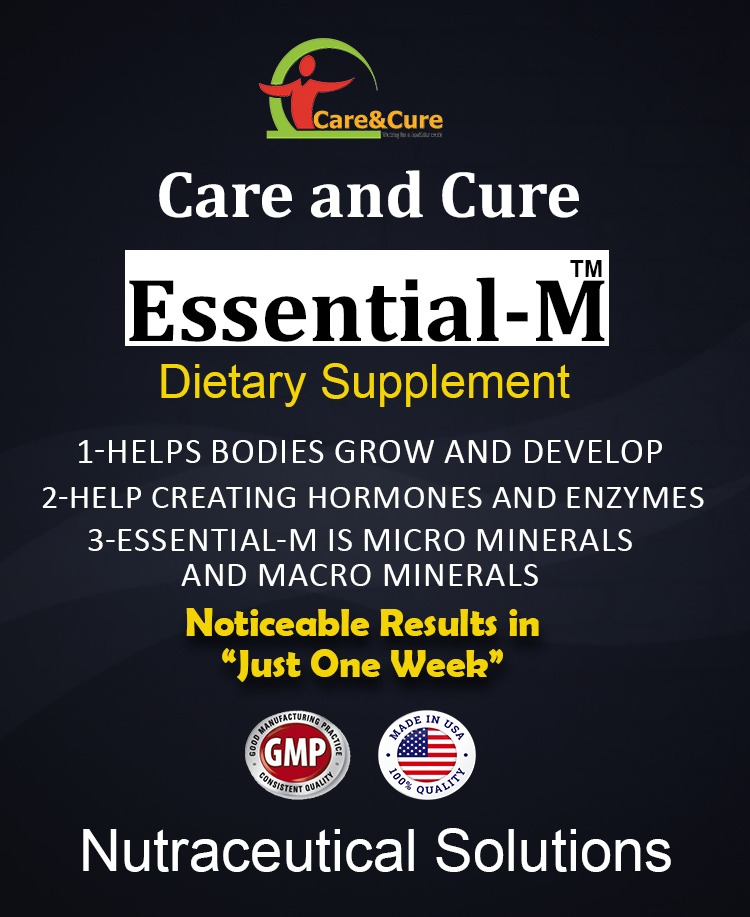



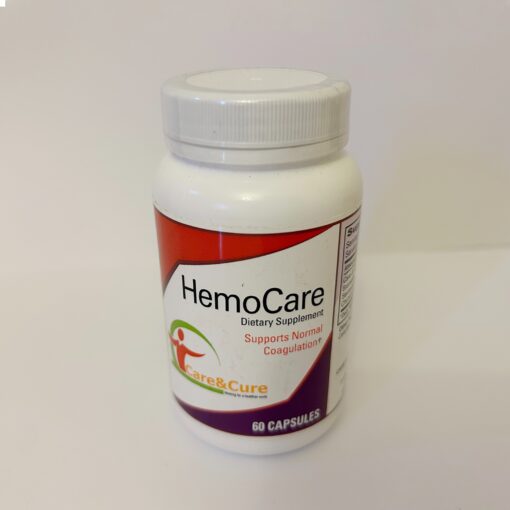
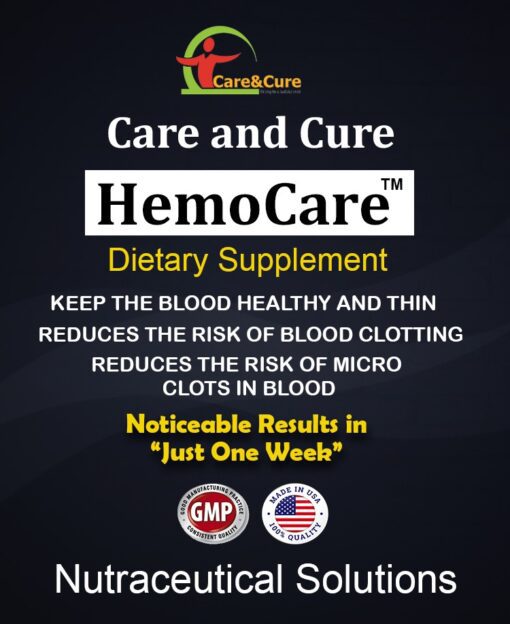
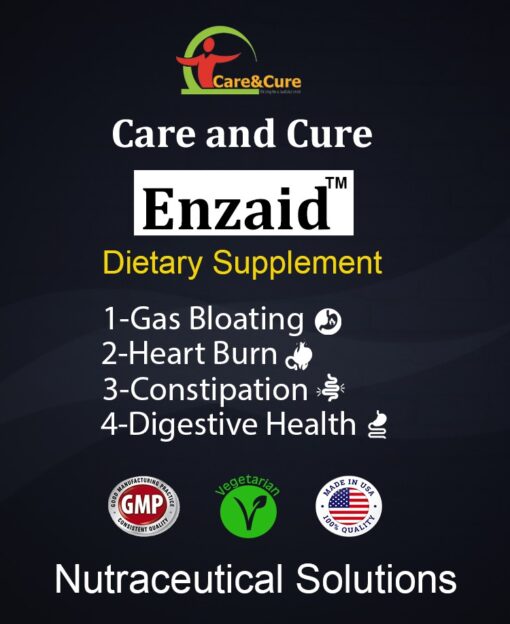
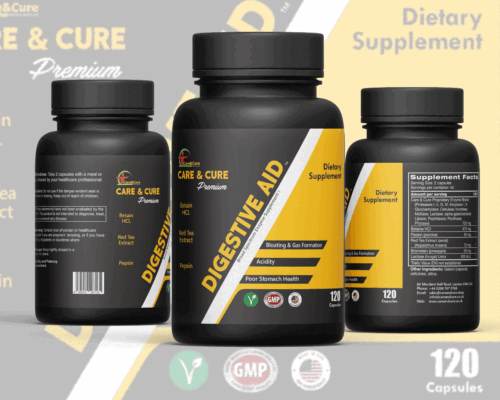
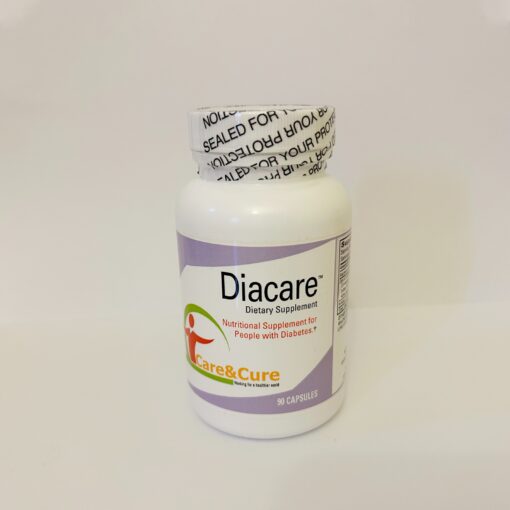
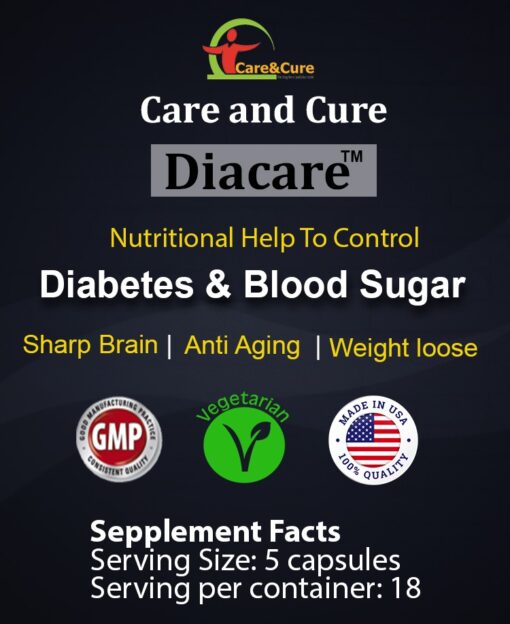
Reviews
There are no reviews yet.